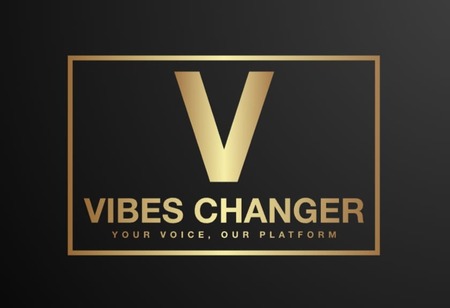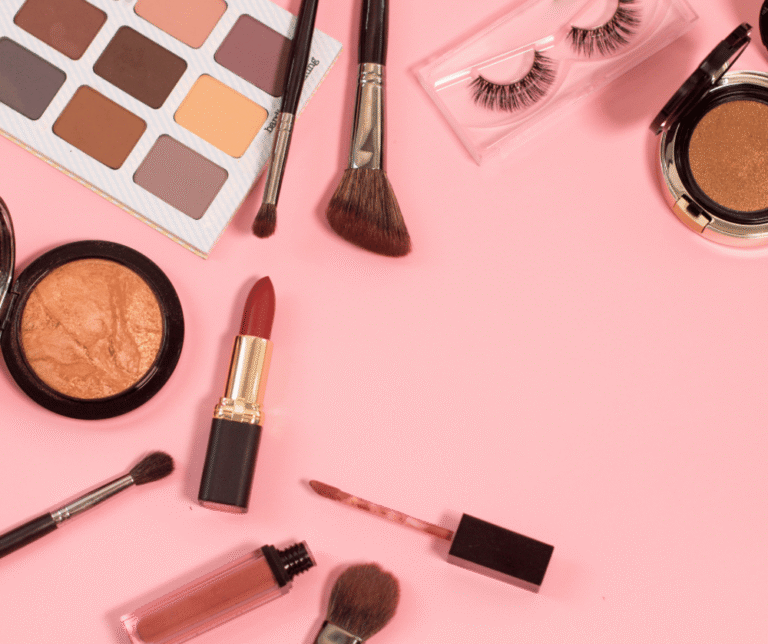Beauty has always been a concept that transcends time and culture. It’s often associated with physical appearance—smooth skin, perfect features, and a symmetrical face. However, true beauty is far more complex than what we can see at first glance. It is a reflection of character, experience, and inner strength. In today’s world, where beauty standards can sometimes feel narrow and limiting, it’s essential to redefine what beauty means and embrace the many dimensions it encompasses.
1. The Power of Inner Beauty
Inner beauty is often described as the qualities that come from within, such as kindness, empathy, and confidence. While society often places an overwhelming focus on outward appearances, the truth is that these qualities create a lasting impression far beyond what makeup or clothing can achieve.
People who radiate positivity, understanding, and compassion tend to leave a more enduring mark on those around them. These are the people who, no matter their physical attributes, are truly remembered. Innerbeauty is timeless—unlike physical beauty, which can fade, kindness and integrity only grow stronger with age.
2. Cultural Interpretations of Beauty
Beauty standards are not universal. What one culture considers beautiful might be completely different from another’s standards. In some cultures, fair skin is prized, while in others, darker tones are seen as a symbol of wealth and vitality. Certain shapes and body types might be celebrated in one region but overlooked in another.
By understanding these cultural differences, we start to realize that beauty isn’t a one-size-fits-all concept. It’s subjective, constantly evolving, and influenced by a variety of factors—history, tradition, and even the media.
3. The Connection Between Beauty and Confidence
Confidence is perhaps one of the most attractive qualities a person can possess. When someone feels good about themselves, it shows. Confidence is not about arrogance or perfection; it’s about self-acceptance and knowing your worth.
When people feel comfortable in their own skin, they exude a natural beauty that others find magnetic. This is why beauty is often associated with how a person carries themselves and how they respond to challenges. The most beautiful people are often those who embrace their imperfections and work to become the best version of themselves.
4. Beauty in Nature
There is no shortage of beauty in the world around us. Whether it’s a breathtaking sunset, the stillness of a forest, or the soft petals of a blooming flower, nature is a constant reminder that beauty isn’t just something found in people. It’s an experience—something that stirs our emotions and connects us to the earth.
The natural world also teaches us about the fleeting nature of beauty. Flowers bloom and fade, seasons change, and even mountains erode over time. Yet, every moment of beauty in nature is unique and valuable in its own right, just as every person is unique.
5. The Evolution of Beauty Standards
With the rise of social media and the digital world, beauty standards are changing rapidly. Filters, photo-editing apps, and the pressure to maintain a “picture-perfect” image are more prevalent than ever. This shift has caused a rise in unrealistic beauty ideals and, unfortunately, a generation that feels the need to conform to them.
However, there’s a movement taking place: people are starting to embrace authenticity. Many individuals are speaking out about the pressure to look a certain way and are instead celebrating the beauty of being real—freckles, cellulite, scars, and all. These voices remind us that beauty is not about perfection; it’s about authenticity.
6. Beauty and Art
Art has always been a means of expressing beauty in its purest form. Whether through painting, music, or dance, artists have long sought to capture what makes life beautiful. The arts challenge our perceptions and show us that beauty is not a fixed thing—it can be as abstract and diverse as we are.
Through art, we can see beauty in places we might not expect—in a rugged landscape, an unconventional face, or an imperfect moment. Art reminds us that beauty isn’t always about symmetry and perfection; it’s about perspective and the emotions it evokes in us.
7. The Importance of Self-Care in Beauty
Taking care of your body and mind is an essential part of nurturing your beauty. Self-care isn’t about making yourself look more beautiful to others; it’s about honoring your body, soul, and mind. Eating healthy, exercising, and taking time for mental relaxation all contribute to a feeling of well-being.
When we feel good physically and mentally, it naturally translates into our outward appearance. Self-care also allows us to express ourselves more freely, which is an important aspect of beauty—feeling comfortable and happy in your own skin.
Conclusion
Beauty is multifaceted, diverse, and subjective. It extends far beyond the physical traits we often associate with the word. True beauty lies in the way we treat others, how we feel about ourselves, and how we interact with the world around us. Whether it’s found in kindness, confidence, nature, or art, beauty can be discovered in the simplest or most profound moments of life.
Embracing a broader definition of beauty helps us appreciate the uniqueness of each person and the diversity that surrounds us. The more we accept that beauty comes in all forms, the richer and more meaningful our lives become.
#BeautyBeyondTheSurface
#InnerBeautyMatters
#TrueBeauty
#RealBeauty
#VibesChanger
#BuzzCreatorsDigitalMedia


1 Comment
Pingback: The Evolution of Fashion: From Timeless Elegance to Modern Expression - Vibes